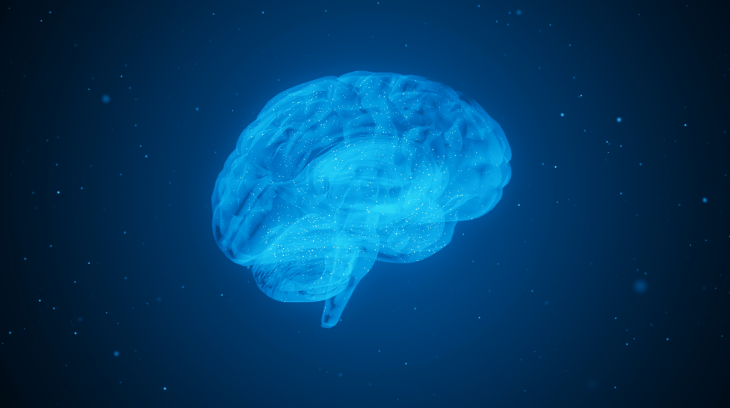22 Feb | 2023
28 European institutions establish new guidelines to prevent Alzheimer's

The proposal is detailed in an article published in the scientific journal The Lancet Regional Health - Europe, and includes the creation of second-generation memory clinics, called 'Brain Health Services'.
An international working group led by the University of Geneva (UNIGE) and the University Hospitals of Geneva (HUG), in which the Barcelonaβeta Brain Research Center (BBRC), a research center of the Pasqual Maragall Foundation, participates, together with other scientists of twenty institutions, has established a series of guidelines for innovative services with the aim of preventing Alzheimer's disease.
The proposal is detailed in an article published in the scientific journal The Lancet Regional Health - Europe, and includes the creation of second-generation memory clinics, called 'Brain Health Services'. This new care network would include services for a segment of the population without cognitive impairment who wishes to preserve or improve their memory, and for which there is a lack of specific programs in current clinics.
In this regard, Professor Giovanni B. Frisoni, lead author of the study, full professor of Clinical Neuroscience at the Faculty of Medicine of the UNIGE and director of the HUG Memory Center comments: "we based this protocol on the experience of all the members of the working group. Some of the recommended interventions are ready to be implemented or have already been implemented. Others are still in development.”
With 10 million people affected in Europe, Alzheimer's is the most frequent neurodegenerative disease, and it leads to a drastic loss of autonomy for the people affected and a great impact on healthcare costs. For this reason, its prevention has become a real social challenge. "Large-scale prevention protocols on lifestyle improvements, such as physical activity, attention to nutrition, or cardiovascular prevention, have reduced the risk of developing Alzheimer's disease or related forms", says Dr. Oriol Grau, head of the Clinical Research Group and Risk Factors for Neurodegenerative Diseases of the BBRC and one of the authors of the work. "However, the prevalence of dementia continues to increase with the aging of the population, and it is estimated that the number of people with Alzheimer's in Europe will double by 2050," he adds.
The "Brain Health Services”
In this context, the project's collaborators have developed a new preventive protocol that aims to offer innovative brain health services. In the collected guidelines, the research group has identified four pillars of this new approach in the field of dementia and Alzheimer's: risk assessment; communication of risks; personalized prevention and cognitive improvement.
"Alzheimer's disease begins to develop many years before the onset of symptoms; therefore, strategies aimed at prevention are crucial", explains Dr. Oriol Grau. The four pillars of the protocol will allow second-generation memory clinics to reach the segment of the population whose memory is still functioning well and who wish to preserve or improve it. "This population does not find answers in the current clinics, and that is why this new model is so relevant", he concludes.
An innovative proposal
The ultimate goal of the protocol is to be able to provide individualised support and information to people with subjective memory complaints but without objective alterations in tests that evaluate their cognitive performance, similar to the current cardiovascular disease risk management protocol. In this sense, the procedure established by the research group takes into account the risk factors of Alzheimer's disease or related disorders, both genetic, such as APOE4, or lifestyle or conditions such as hypertension, diabetes, alcohol consumption, social isolation, obesity, hearing loss, depression or head trauma. Based on this information, a risk index is established that is communicated precisely and comprehensibly to the patient following a series of recommendations based on their personality and antecedents. Finally, pharmacological and non-pharmacological interventions are studied to reduce these risks, and memory reinforcement or stimulation methods based on exercises, games and/or transcranial electrical or magnetic stimulation are provided.
Bibliographic reference
Giovanni B. Frisoni, Daniele Altomare, Federica Ribaldi et al. ‘Dementia prevention in memory clinics: recommendations from the European task force for brain health services’, The Lancet Regional Health - Europe, 2023, 100576, ISSN 2666-7762, https://doi.org/10.1016/j.lanepe.2022.100576









